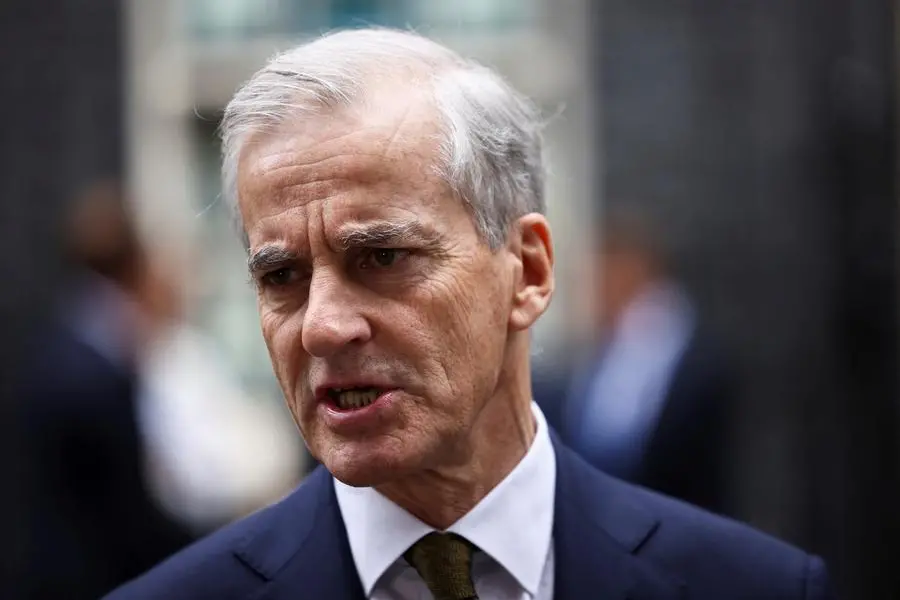PHOTO
Norway on Friday announced plans to ensure sufficient domestic hydropower supply that could lead to restrictions on power exports if water reservoirs at hydropower stations fall to very low levels.
"We want to ensure there is always enough water in our reservoirs. There should always be enough power in our sockets (at home) and we should have enough power for our industry," Prime Minister Jonas Gahr Stoere told a news conference.
Among the measures announced is a bill making hydropower producers formally responsible for maintaining water reservoirs above a certain level.
They must also report reservoir levels to authorities.
Friday's announcement formalised procedures put in place last year, officials said.
Last year Norway said it could limit power exports if hydropower reservoirs fell under a certain level, drawing the ire of its Nordic neighbours who saw the move as power protectionism.
Hydropower accounts for around 90% of Norway's electricity output, much of it depending on power plants fed by water from large reservoirs.
The minority centre-left government is under pressure to lower power bills for households, with the cost of living the main issue of concerns for voters.
Criticised by its neighbours, Norway has repeatedly defended linking exports and reservoir levels, likening it to European efforts to prioritise filling gas storage to ensure sufficient winter supply.
On Friday, Stoere said the government had informed its neighbours and European partners of its intention and that they "understood". Norway is not part of the EU but is part of the European common market.
"It will not serve any of our neighbours if we reach critically low levels (at our reservoirs)," he said. "It is interdependence."
(Reporting by Nora Buli, editing by Gwladys Fouche and Jason Neely)





















